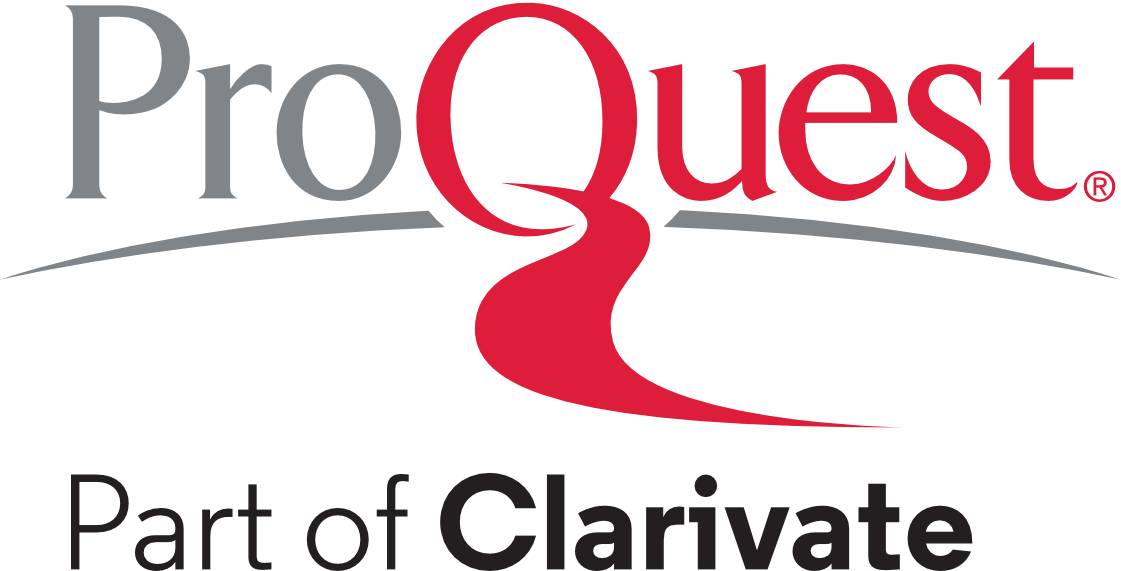COVID-19 resilience and neuroscience
COVID-19 resiliencia y neurociencia
DOI:
https://doi.org/10.17981/JACN.1.1.2020.11Keywords:
19; neuroscience; resilience; neuroeducation; well-beingAbstract
Lately, neuroscience has proven key in providing scientific answers to research conducted in other disciplines. Resilience, from the point of view of neuroscience, takes on a new meaning due to the lockdown experienced under the COVID-19 pandemic. This article is the result of an investigation carried out during confinement in Spain, Mexico and Chile. It shows the preliminary results of the analysis of stress risk factors and resilience in neuroscience, identifying possible stress risk factors using socio-demographic data. A descriptive, cross-sectional, correlational and comparative study was conducted in a sample of 784 participants. The Connor-Davidson Resilience Scale (CD-RISC10) was used to identify resilience traits. The findings reveal a non-significant result among the countries, but statistically significant results in the level of education variable, which is associated with cognitive flexibility. The possible stress risk factors did not evince significant results. Thus, promoting resilience at an early age comes as a relevant finding. As argued by epigenetics, to immerse oneself in contexts where meaningful bonds are promoted, is essential to improve vital processes such as resilience and prevent potential stress risk factors.
Downloads
Published
How to Cite
Issue
Section
License
Copyright (c) 2020 Journal of Applied Cognitive Neuroscience

This work is licensed under a Creative Commons Attribution-NonCommercial-NoDerivatives 4.0 International License.
You are free to:
- Share — copy and redistribute the material in any medium or format.
- The licensor cannot revoke these freedoms as long as you follow the license terms.
Under the following terms:
- Attribution — You must give appropriate credit, provide a link to the license, and indicate if changes were made. You may do so in any reasonable manner, but not in any way that suggests the licensor endorses you or your use.
- NonCommercial — You may not use the material for commercial purposes.
- NoDerivatives — If you remix, transform, or build upon the material, you may not distribute the modified material.
- No additional restrictions — You may not apply legal terms or technological measures that legally restrict others from doing anything the license permits.

 English
English
 Español (España)
Español (España)










